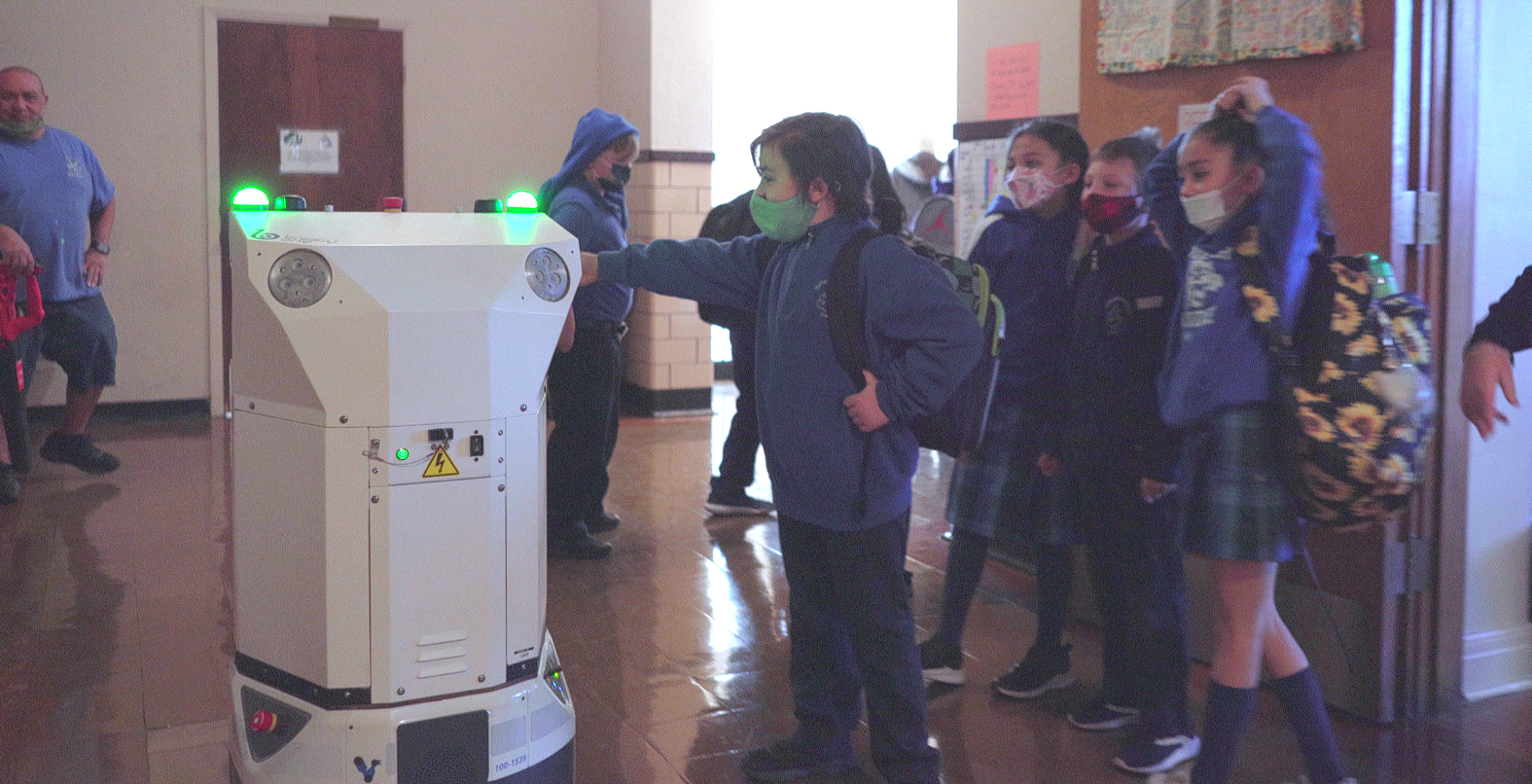
The Impact of Technology on Young People: Shaping the Future Workforce
Right now, our workforce is made up of the youngest of baby boomers, Generation X, Generation Y (millennials), and the oldest members of Generation Z. All of these groups have different attitudes because of the time that they grew up, with stark differences between baby boomers and Gen Z. So, what’s in store for Generation Alpha?
Generational differences are heavily influenced by innovations in technology. It’s important to assess how technology and AI are shaping the minds and aspirations of young people, who will be the driving force behind the future working generations. As with everything else, there will be both advantages and drawbacks. Here are five ways technology and AI are influencing young individuals.
Enhanced Learning Opportunities
Technology and AI have revolutionized the educational landscape, providing young people with enhanced learning opportunities. Online platforms, educational apps, and interactive tools empower students to access a vast array of knowledge and resources. AI-powered adaptive learning systems can personalize educational experiences, catering to individual strengths, weaknesses, and learning styles. Such advancements enable young individuals to acquire knowledge and skills in a self-paced and engaging manner, preparing them for the evolving demands of the future workforce.
However, AI also raises concerns about cheating. The ease of accessing answers and generating content through programs like ChatGPT can tempt some students to use it dishonestly, compromising their academic integrity. Therefore, it is important for educators to emphasize responsible and ethical usage of AI tools, encouraging students to leverage them as learning aids rather than shortcuts, promoting critical thinking and independent problem-solving skills.
Expanding Career Horizons
The increasing use of technology and AI has expanded the range of career possibilities for young people. As automation and digitization reshape traditional industries, new job roles have emerged that require skills such as data analysis, coding, cybersecurity, and AI development. Young people with these skills can use the power of technology to create innovative solutions and enter career paths in robotics, renewable energy, health care, and more. Technology has not only diversified career opportunities but has also allowed young people to pursue more fulfilling and impactful work.
Collaboration and Connectivity
Technology has connected young people across geographical boundaries, fostering collaboration and knowledge exchange. Through social media, online communities, and collaborative tools, young individuals can connect with like-minded peers, share ideas, and work together on projects. Such connectivity promotes a global perspective, encouraging young people to think beyond borders and embrace diverse perspectives. As the future workforce becomes increasingly globalized, these collaborative experiences can enhance their adaptability, cultural intelligence, and problem-solving abilities.
Automation and Job Disruption
While technology and AI offer numerous benefits, they also raise concerns about job displacement and automation. As technology continues to advance, certain routine tasks may become automated, potentially affecting traditional employment sectors. Young people must be prepared to navigate this changing landscape by developing a diverse skill set that complements automation. Skills like critical thinking, creativity, emotional intelligence, and adaptability will become increasingly valuable, as they are less susceptible to automation and remain essential in complex decision-making processes and human-centric roles.
Ethical Considerations and Digital Well-being
The increasing relevance of technology and AI in our daily lives has brought forth ethical considerations and challenges related to privacy, security, and mental well-being. Young individuals are growing up with technology and become much more comfortable with it. As a result, they are particularly susceptible to the influence of technology on their well-being. It is crucial to educate and empower younger generations to navigate the digital realm responsibly. Promoting digital literacy, teaching critical thinking skills, and encouraging a healthy relationship with technology are essential in safeguarding their mental well-being and fostering ethical practices in the use of AI.
Technology and AI are having a huge impact on young people, and this will only continue in the future. As these technologies revolutionize different industries, it's important to prepare the next working generation for the challenges and opportunities that lie ahead. We can do this by encouraging digital literacy, fostering creativity, and instilling strong ethical values. This will empower young people to be agile, adaptable, and responsible contributors in the workforce of the future. By working together, we can create a future where technology is a tool that enhances human capabilities and creates a more prosperous society.





